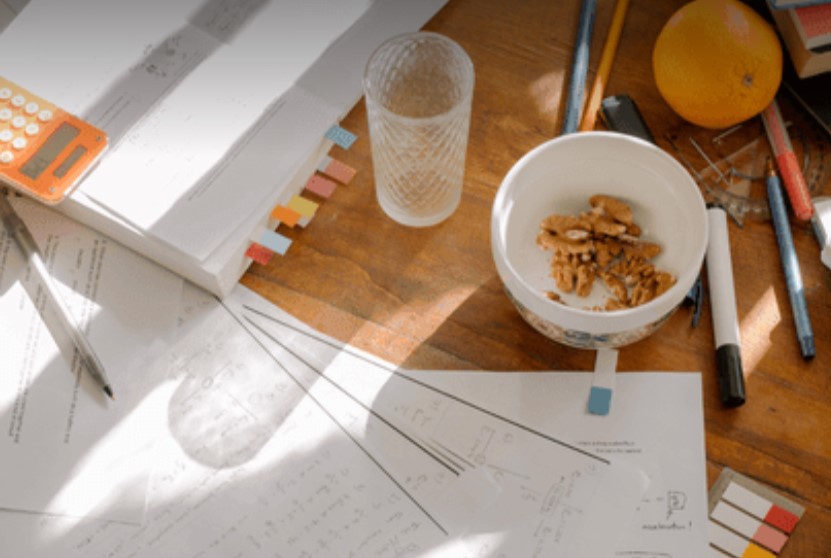How to get stuff done when you have a disability

by Kit, from Belgium, studying History (MA), 3rd year
Being at university, there’s always a time when we struggle to get work done. As a disabled student, this can be doubly true. Whether that’s due to ADHD goblin brain or bad health days, the tips and tricks below can help you stay on track.
Getting a schedule of adjustments
First things first. If you have a disability, get in touch with the Disability and Learning Support Service (DLSS) as soon as possible to talk about how they can support you. This could potentially be assistive software, proofreading services, a study skill tutor, additional time to complete assignments, etc. This is all individually based on your needs and the list above is just a few examples of what help I personally have gotten.
Break down tasks into smaller tasks
Seeing the list of assignments pile up at the beginning of each semester can be overwhelming. ‘Write 2000 word essay’ is a very vague task and it’ll be multiplied by however many assignments you have. Where do you even start? My advice? Break. It. Down. And be as precise as is useful for you. For example:
- chose a topic/question
- look for sources
- read the sources (break it down by individual source)
- take notes on sources
- …
I recently discovered a free online tool that does that for you and you can even choose how in detail it’ll break the tasks down and even break down subtasks afterwards. It’s called goblin.tools and is an absolute life saver, especially when you’re just starting out and are not sure what steps you need to complete your tasks.

Use all the tools at your disposal to make your life easier
When you tend to get easily distracted or only have that much energy to spare in a day or have to account for bad days where you can’t do anything, it means you need to use your time wisely and as such any tool that saves you time will be welcome.
At uni, you’ll spend the majority of your time reading sources and referencing back to them. A great time saver is Zotero. It’s a free research tool that helps you organise your sources. To get the most out of it, combine it with it’s browser extension and Word plugin. With these, it’ll let you automatically add a source to your Zotero database directly for any library catalogue or archive and then cite them back in the proper format in your Word document, saving you a great amount of time on doing this manually. You can also add PDFs of your sources directly into Zotero and use it’s great annotation function and potentially link it to note taking apps like Obsidian.md or Notion.io to collate your notes when it’s time to write that essay.

Read with purpose
Similarly to the above, to use your time wisely you need to read with a specific purpose. You’ll be tempted to read all of it and read it in depth. Don’t. Generally, for tutorials and seminars you’ll have guided questions. Use those to first skim the readings and find relevant passage to answer those questions, look for key words you think you add to those, and if you already know your essay question look for anything that might stand out as useful. For essay readings or anythings where you’ll need to do more reading and/or more in depth start by reading the introduction & conclusion of the book/chapter/article. If it doesn’t mention things that are relevant then discard it. If it does, then continue by reading the first and last paragraph and so forth. It’s a great way to weed out irrelevant sources and to only read in depth what you’ll actually use/find useful, thus saving you a lot of time.
Don’t forget self-care and to manage your expectations
Finally, it’s really important that you don’t forget to look after yourself. It can be tempting to do as much as you can when you can, but if you over do it, it’ll just potentially push you back and leave you less time to do the work at a manageable pace. Do your best, within your capabilities and ask for help when you need it. Your Student Adviser and the DLSS are there to help and will point you in the correct direction if they aren’t the ones that can help in your particular case.




